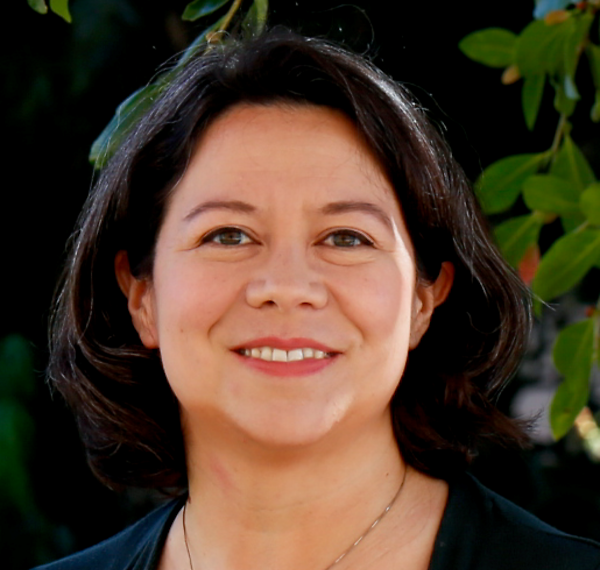Seminar"Using bioinspired polypeptoids to understand how chain shape influences self-assembly and water dynamics"Rachel Segalman

Date
Location
Description
Micro/Bio/Nanofluidics (Shen) Unit would like to invite you to the seminar by Prof. Rachel Segalman on March 25 (Monday).
----------------------------------------------------------------------
Date: March 25, 2024
Time: 14:00-15:00
Venue: C210, OIST
----------------------------------------------------------------------
Speaker:
Rachel Segalman
Professor
Department of Chemical Engineering, Materials, and Chemistry & Biochemistry
University of California, Santa Barbara, USA
Title:
Using bioinspired polypeptoids to understand how chain shape influences self-assembly and water dynamics
Abstract:
Polypeptoids are non-natural, sequence specific polymers that offer the opportunity to probe the effect of monomer sequence, charge, chirality, and chain shape on self-assembly and surface properties. Although examples of hierarchical polypeptide structures abound in nature, the de novo design of such systems for specific functions is still a major challenge. The polypeptoid system with its much simplified set of inter and intramolecular interactions provides an opportunity to explore this design space with more tractable systems. In this talk, the role of chirality and molecular helicity in relatively simple block copolymer architectures as well as the more complicated assembly of achiral molecules into homochiral superstructures will be discussed. While helical chain shapes in block copolymers have been shown to produce unique morphologies, polypeptoids provide a unique opportunity to understand the details of how chain shape influences the thermodynamics of self-assembly. I will also discuss the use of polypeptoids to modify water dynamics for applications ranging from highly specific water purification to highly efficient marine anti-fouling coatings.
Bio:
Segalman’s research involves controlling the hierarchical structure and thermodynamics of energy-relevant polymers including polyelectrolytes and semiconducting and bioinspired polymers. This includes a desire to understand the molecular-scale design rules and synthesis that lead to self-assembly and mesoscale architectures that then control macroscopic properties such as ionic, thermal and electronic conductivity as well as surface activity. Applications of relevance include battery electrolytes and binders, semiconducting polymer devices, separation membranes, and bioinspired polymers for applications ranging from marine anti-fouling coatings to next-generation photoresists. She holds a B.S. in Chemical Engineering from the University of Texas (1998), a Ph.D. in Chemical Engineering from UC Santa Barbara (2002), and was a postdoctoral researcher at the University Louis Pasteur in Strasbourg, France in 2003.
From 2004-2014, Segalman was a Professor of Chemical Engineering at UC Berkeley and a faculty scientist at Lawrence Berkeley National Laboratories where she was also the Division Director for Materials Science. In 2014, she moved to UC Santa Barbara to be the Kramer Professor of Chemical Engineering and Materials and became Department Chair of Chemical Engineering in 2015 until 2023. In 2018 she also became the Associate Director of the UT/UCSB/LBL EFRC: Center for Materials for Water and Energy Systems. She is the co-editor of the Annual Reviews of Chemical and Biomolecular. Segalman is a founding organizer of the National ChemE Seminar Series featuring future faculty and the diversity of the discipline, in the elected Chair-line for the Division of Polymer Physics in the American Physical Society, on the DOE Basic Energy Sciences Advisory Committee (BESAC), and a co-author of the recent National Academies study, “Chemical Engineering: Challenges and Opportunities in the 21st Century.
Among other awards, Segalman received the E.O. Lawrence Prize from the Department of Energy, the Andy Acrivos Award for Professional Progress from the American Institute of Chemical Engineers, the Journal of Polymer Science Innovation Award, and the Dillon Medal from the American Physical Society. She is also a fellow of the American Physical Society and the Royal Society of Chemistry, the American Institute of Chemical Engineers, and was elected to the American Academy of Arts and Sciences and the National Academy of Engineering.
Host:
Prof. Amy Shen
Subscribe to the OIST Calendar: Right-click to download, then open in your calendar application.



